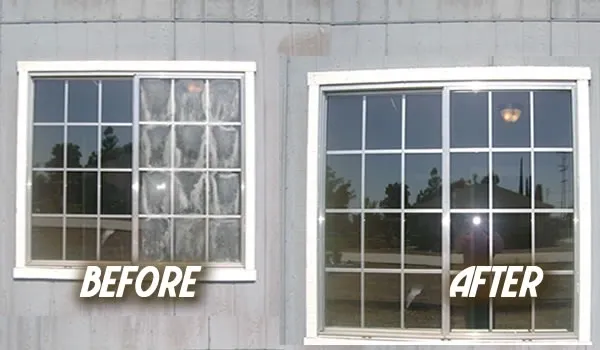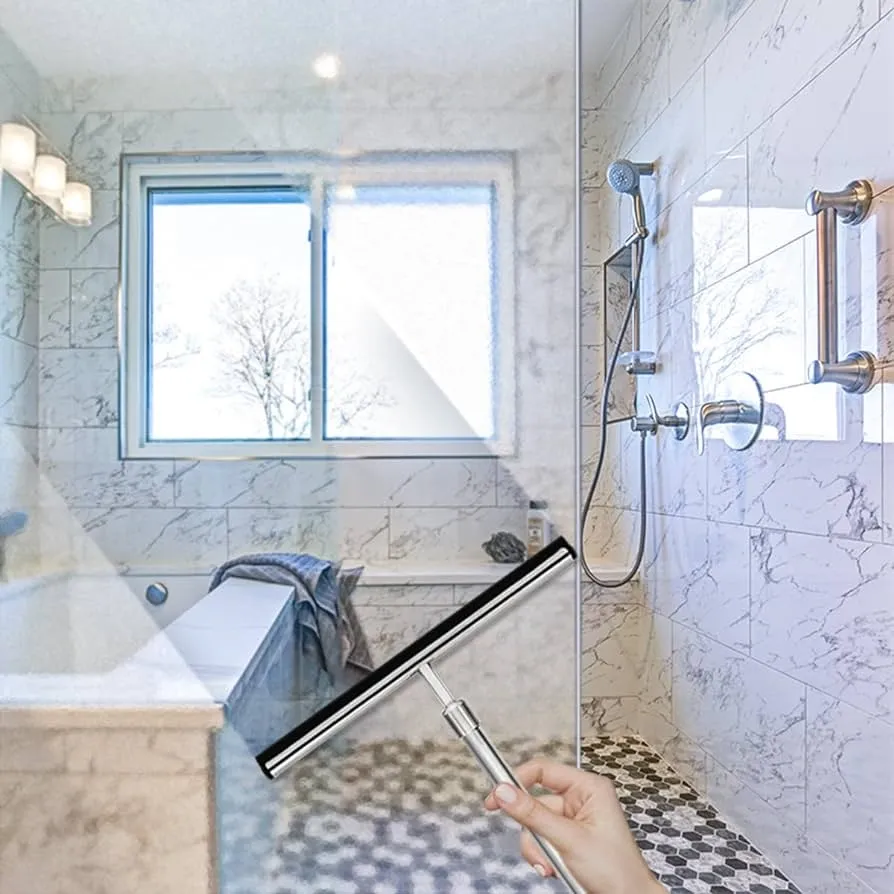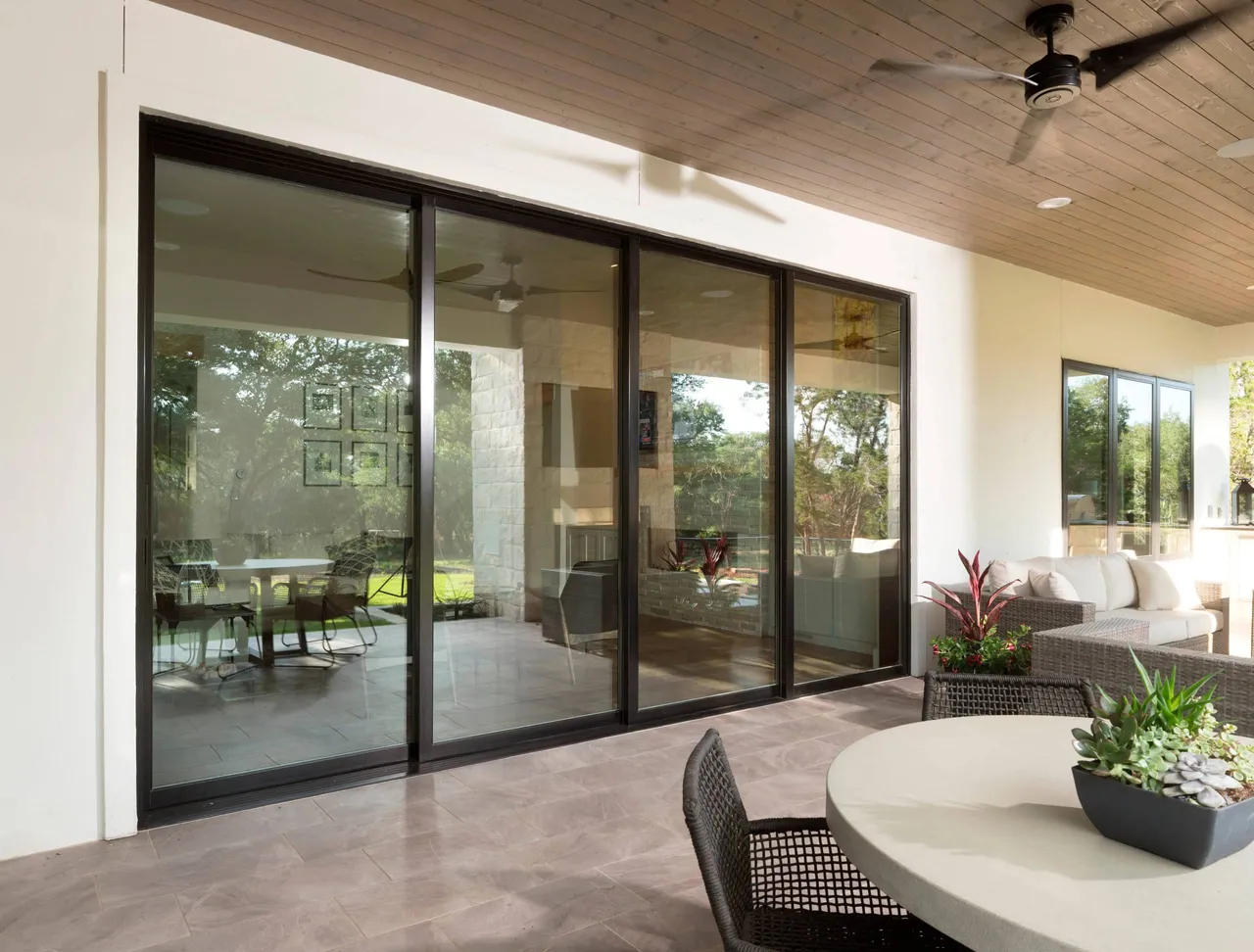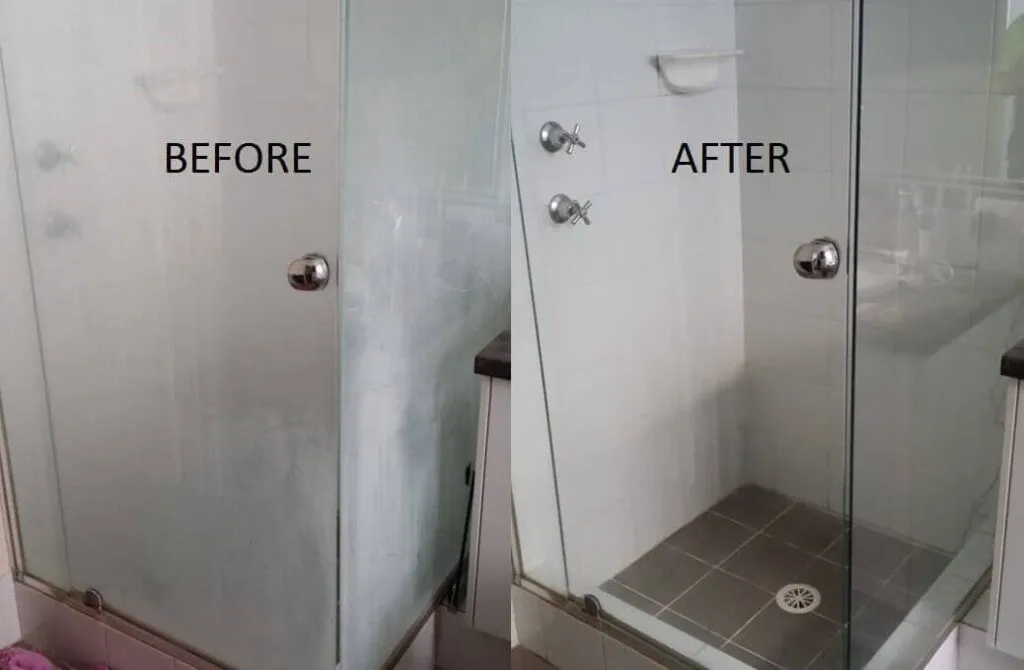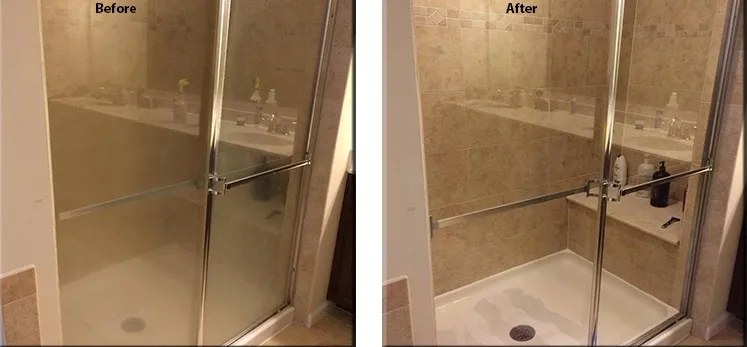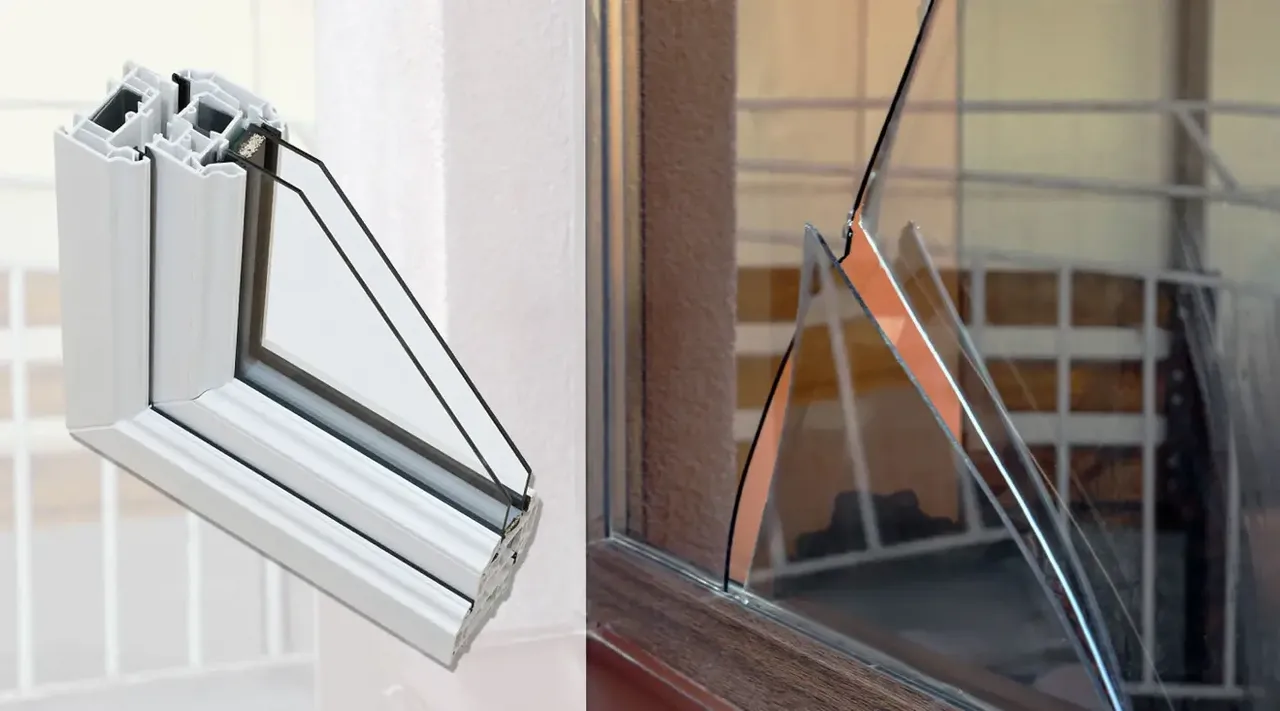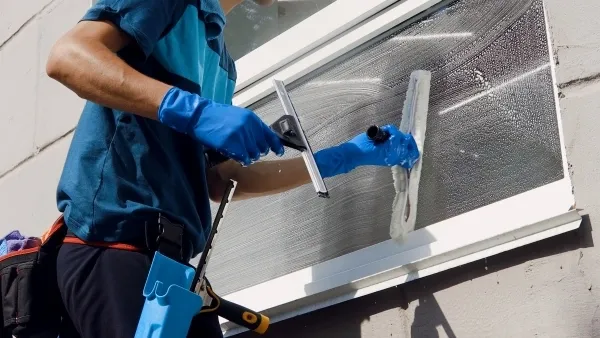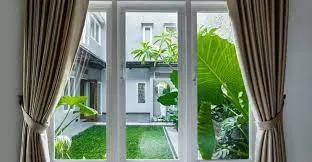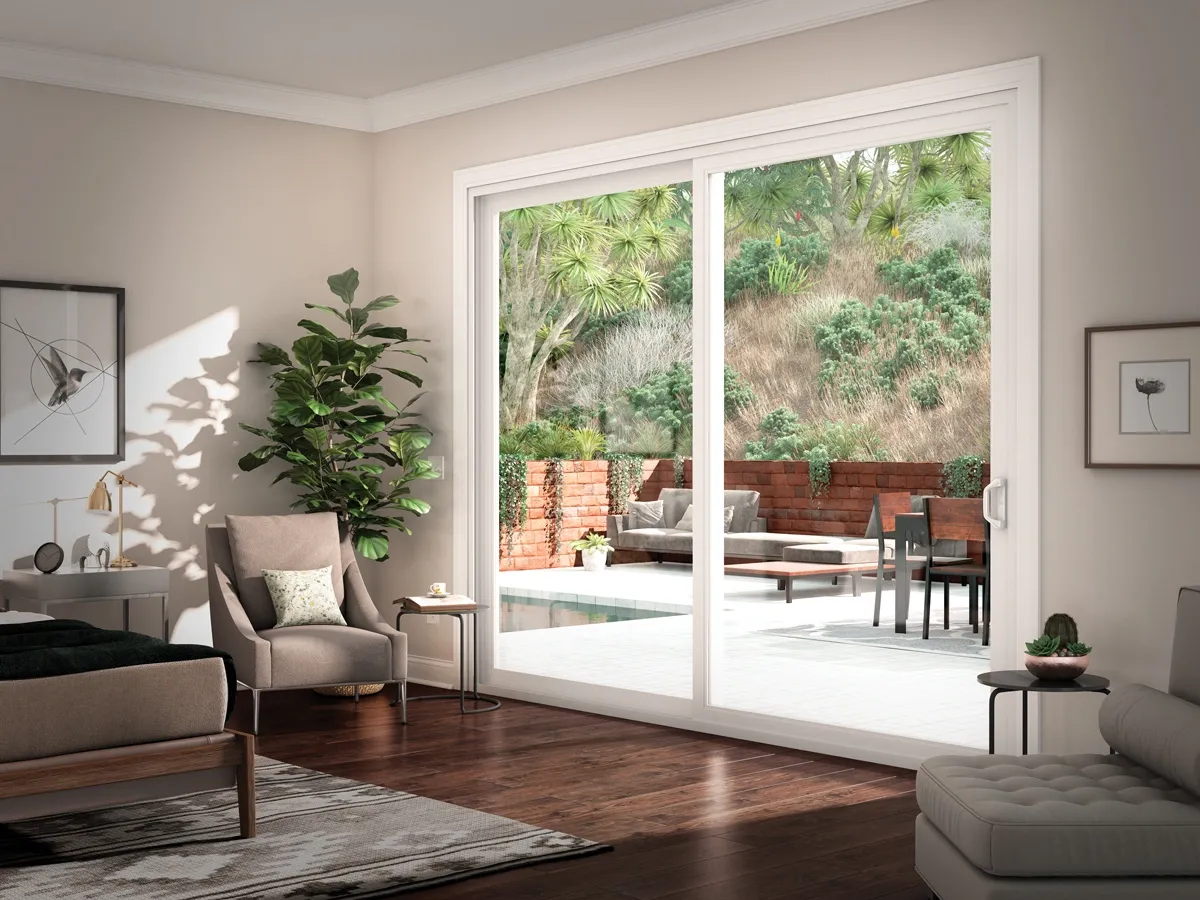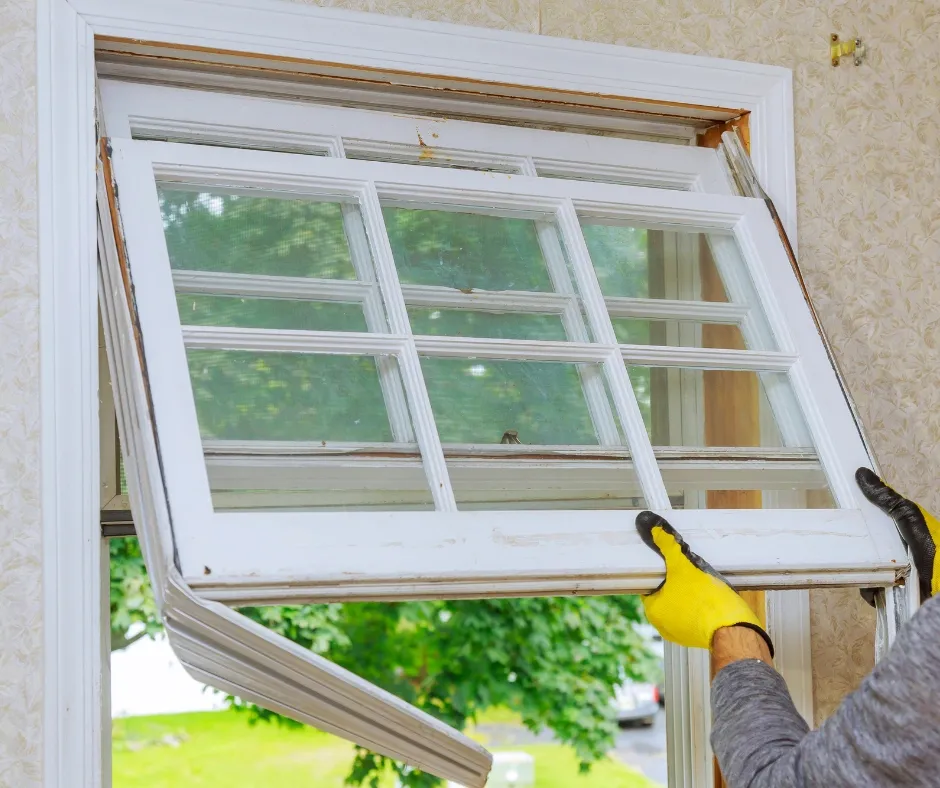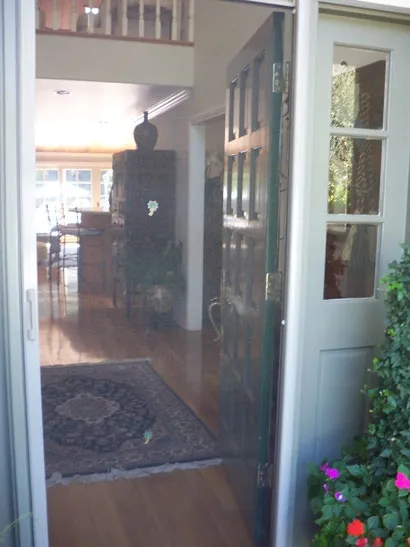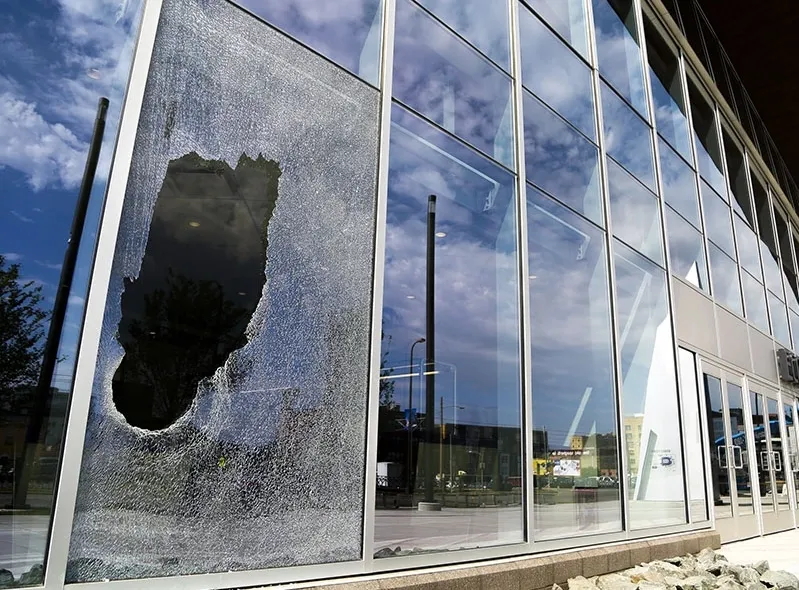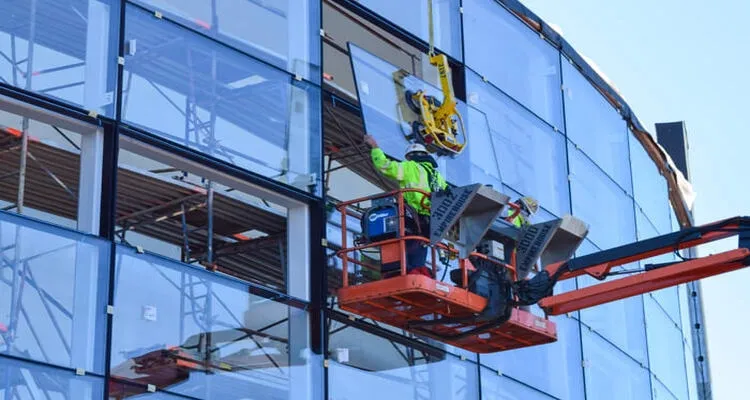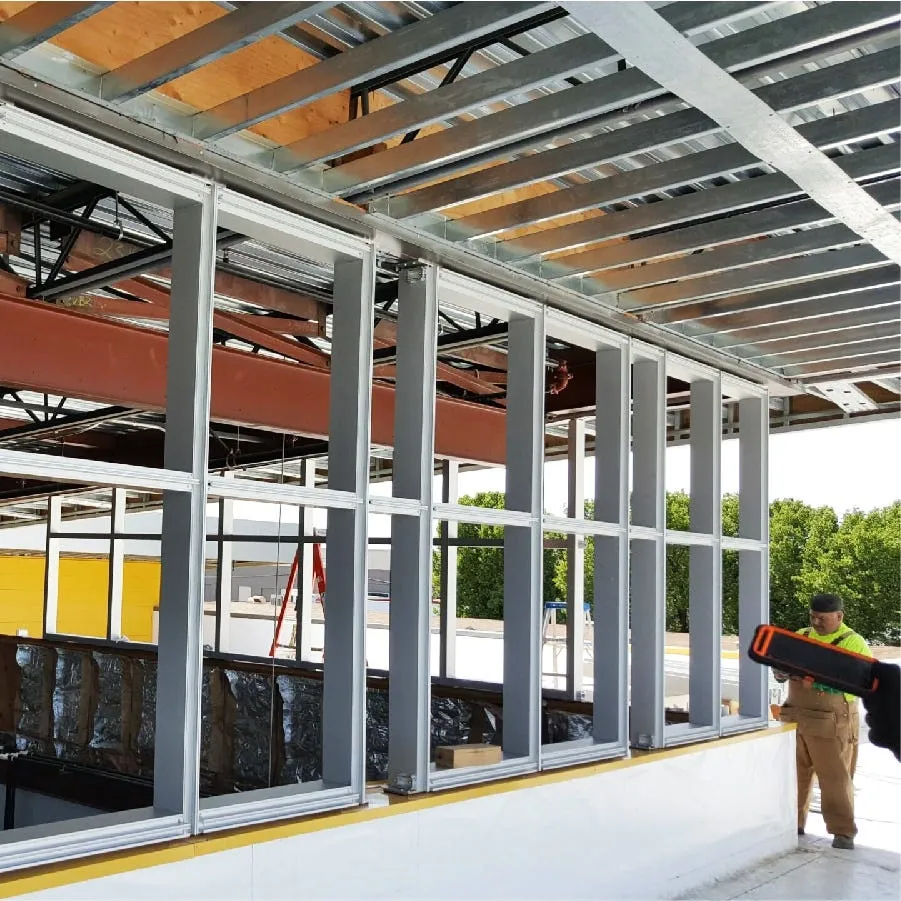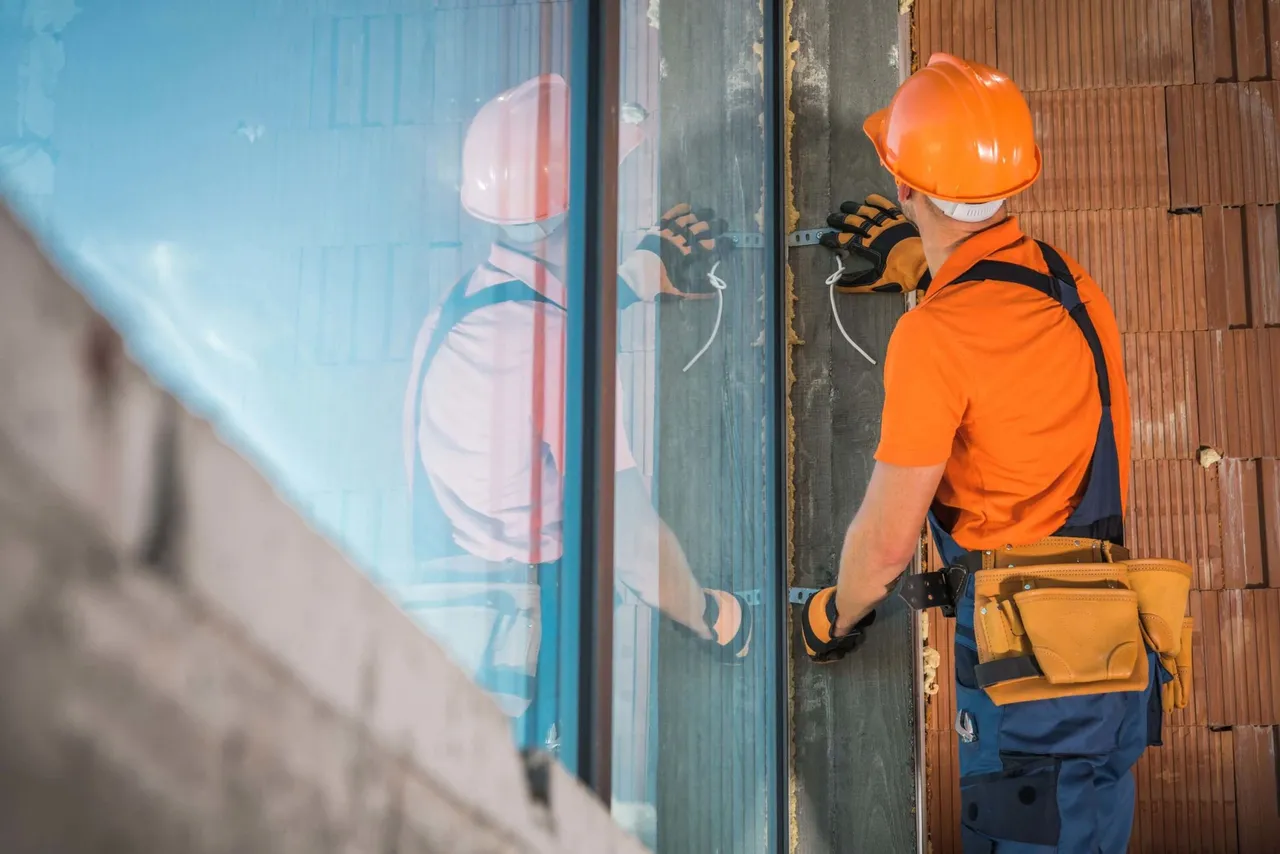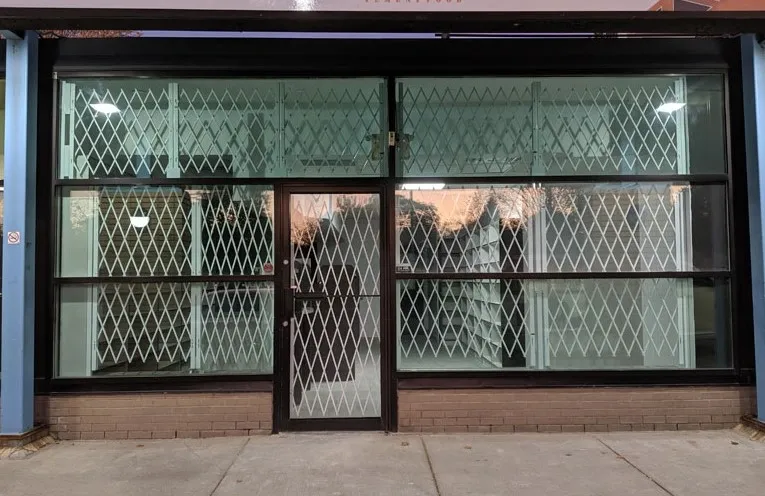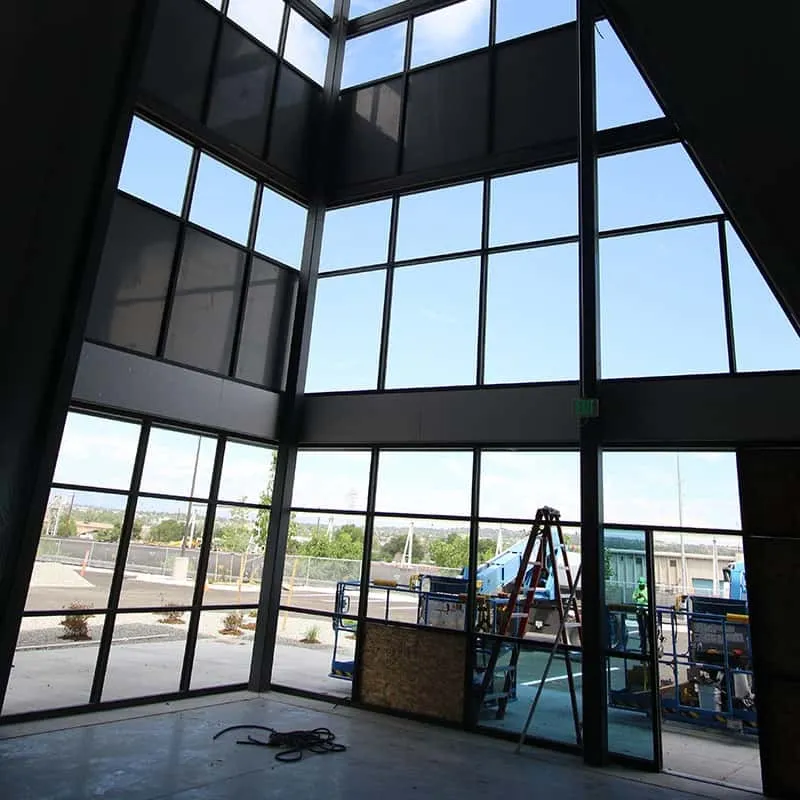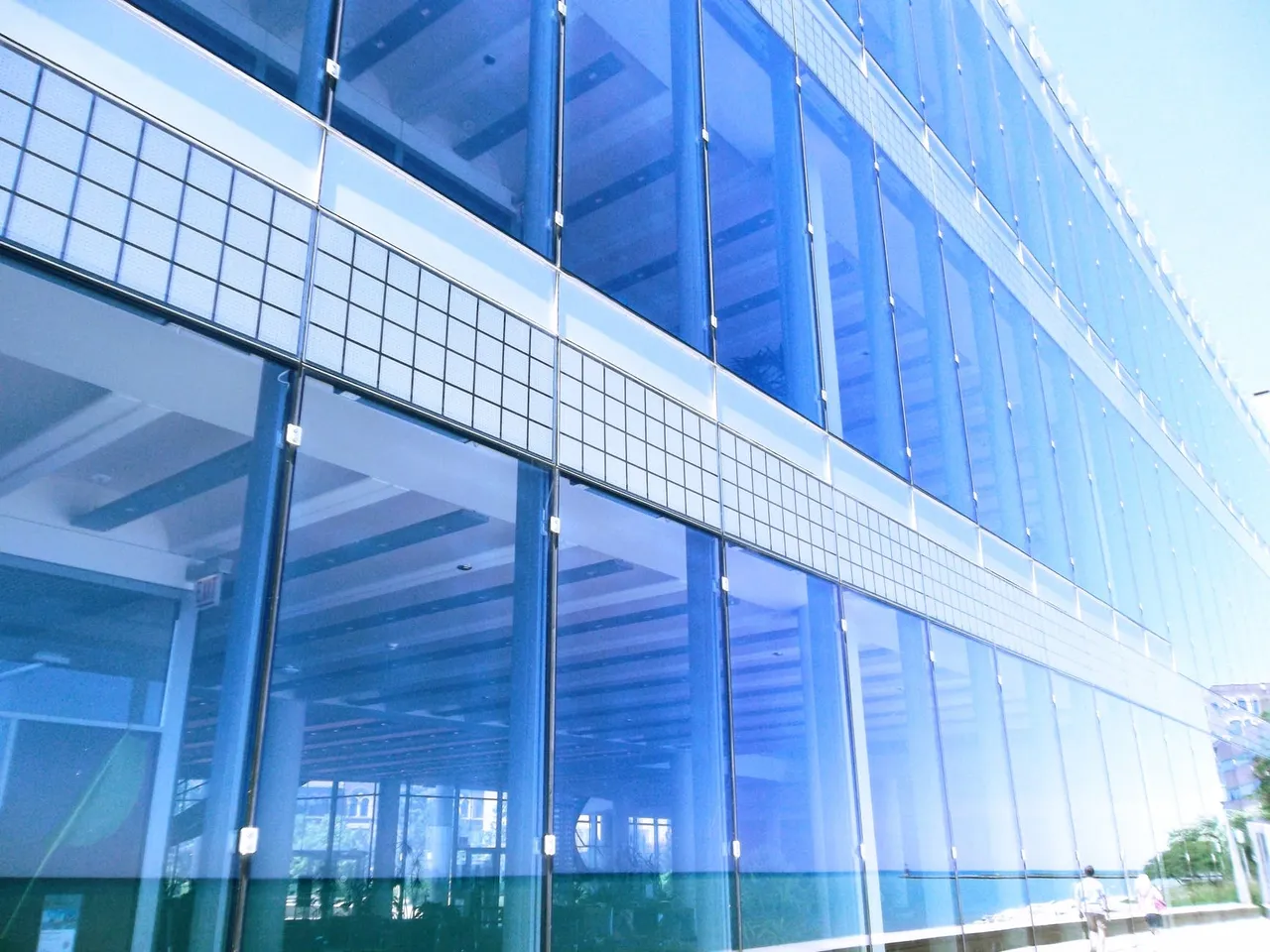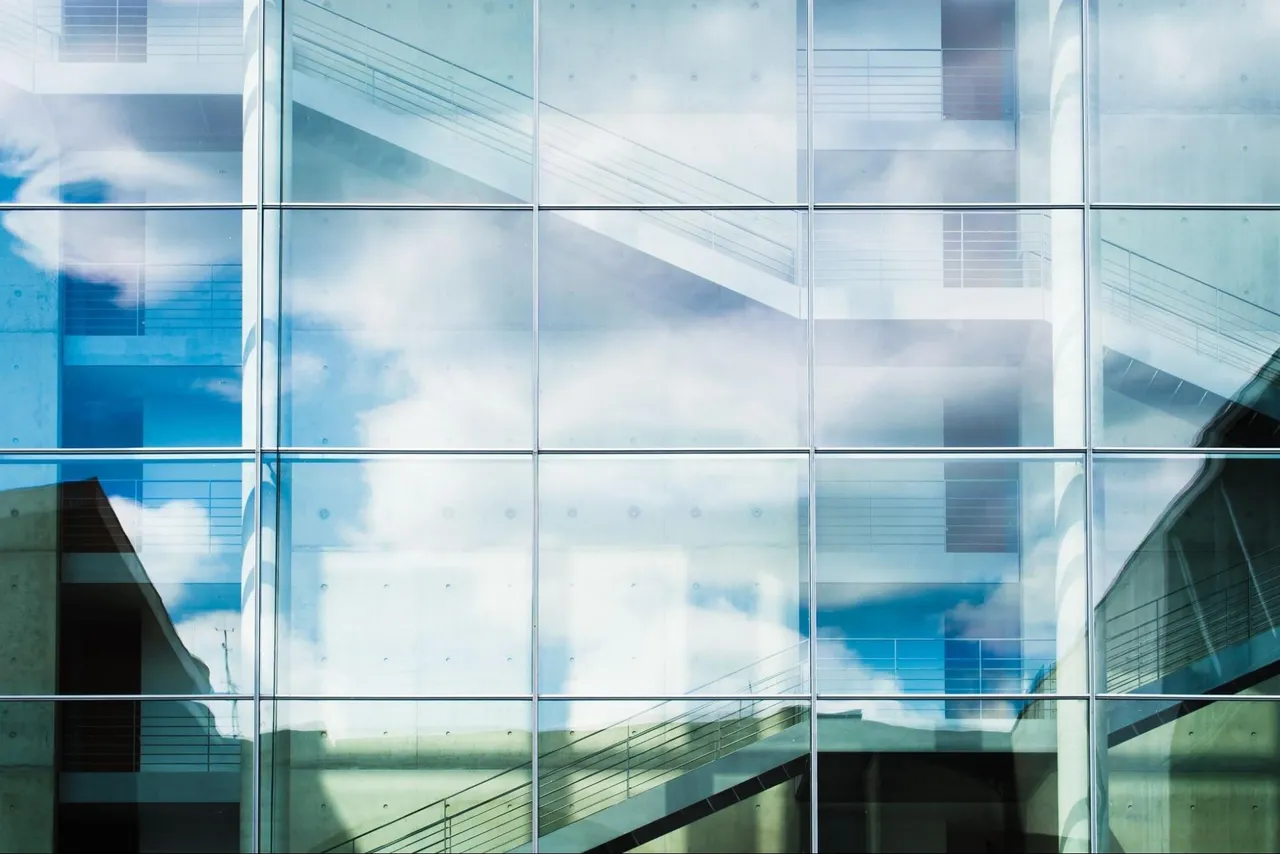All You Need To Know About Commercial Glazing

There’s a common misconception in Las Vegas: Many people mistakenly equate double glazing with commercial glazing. It’s essential to clear this up, especially for owners of commercial properties like factories or offices. The critical difference lies in the materials and techniques used. Double glazing is typically used in residential settings, while commercial glazing is designed for more significant commercial buildings. This aims to clarify these differences and highlight the unique benefits and features, thus helping property owners make informed decisions.
Installation Process of Commercial Glazing:
Given the substantial size of commercial buildings, specialized equipment is essential for commercial window repair and glazing. Installation predominantly occurs on-site, necessitating careful selection of materials and glass. Compliance with UK safety and health regulations is imperative. Owners should engage reputable and reliable companies for the task, with a paramount responsibility for ensuring the safety and health of occupants.
Critical Considerations for Installation:
Solar Energy Transmission: This glazing regulates solar energy transmission, which is crucial for managing heat generation in properties. It differs from residential double glazing, which absorbs solar energy more comprehensively.
Weather Resistance: Given the exposure of commercial buildings to a range of extreme weather conditions, from scorching heatwaves to freezing winters and heavy rain, selecting windows with robust aluminum frames is essential. Aluminum’s lightweight and flexibility contribute to preventing water penetration and withstanding temperature fluctuations.
Typical Applications for Commercial Glazing:
- Skylights: Skylights are an excellent way to introduce natural light into interior spaces, often used in areas that lack direct access to external windows. They can improve energy efficiency by reducing the need for artificial lighting during daylight hours. Modern skylights come with advanced features like thermal insulation and UV protection.
- Door Closures: In commercial settings, glass door closures help manage traffic flow and enhance the overall aesthetic. They offer a sleek, professional look while ensuring durability and functionality. Options include automatic and manual closures, with features that improve safety and accessibility.
- Curtain Glass: Curtain glass systems are often used in large commercial buildings to create striking facades. These systems offer minimal frame visibility, maximizing the amount of natural light entering the building while providing excellent thermal and acoustic insulation.
- Entrance Doors: Glass entrance doors are a popular choice for commercial properties due to their ability to create a welcoming atmosphere. They are available in various styles and materials, including automatic sliding doors and sturdy glass doors with metal frames, which provide both functionality and aesthetic appeal.
- Mirrors: Commercial mirrors are utilized in various settings, including lobbies, gyms, and bathrooms. They can be customized to fit specific design requirements and enhance the visual appeal of a space. Additionally, mirrors can be integrated into decorative elements or functional fixtures.
- Custom Glass: Custom glass solutions are tailored to meet unique design or functional requirements. This includes bespoke shapes, sizes, and finishes, allowing for creative and practical applications in commercial spaces. Custom glass can be used for partitions, decorative features, or specialized installations.
- Furniture: Glass is increasingly used in commercial furniture, such as desks, tables, and display cases. It adds a modern touch and can be easily cleaned and maintained. Glass furniture also helps create an open and airy feel within the office or retail environment.
- Security Glass: Security glass is designed to provide enhanced protection against break-ins and vandalism. It includes laminated and toughened glass options, which are highly resistant to impact and can be used in areas requiring additional security, such as entrances or high-risk zones.
- Storefront Glass: Storefront glass is crucial for attracting customers and showcasing products. High-quality storefront glass offers clear visibility, contributes to energy efficiency, and can be customized with branding elements. It plays a significant role in the first impression of a business.
Advantages:
- Increased Natural Light: Allowing more natural light into workspaces is not just a feature; it’s a game-changer. It fosters a brighter and more inviting environment, enhancing the well-being and productivity of your valued occupants.
- Aesthetic Appeal: The elegant and classy appearance of commercial glazing encourages the adoption of windows as a design element.
- Insulation Properties: Commercial glazings contribute significantly to insulation, resulting in substantial energy savings for businesses. By reducing overall energy consumption leads to significant cost savings on energy bills over time.
In conclusion, understanding the unique features and applications of commercial glazing is pivotal for property owners. It ensures compliance with safety regulations and maximizes the benefits of increased natural light, aesthetic appeal, and energy efficiency in commercial spaces. For More information Conatct Us Now


